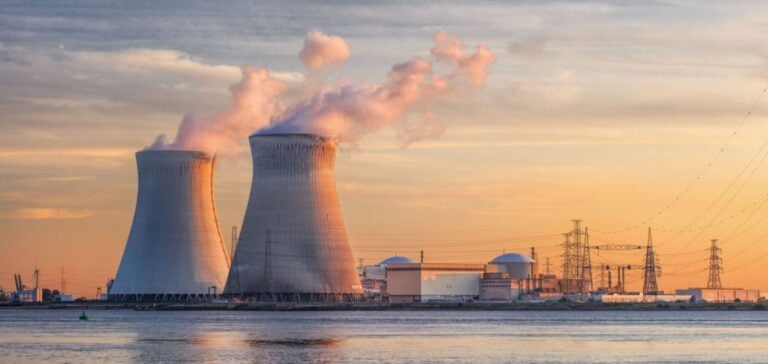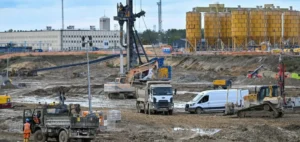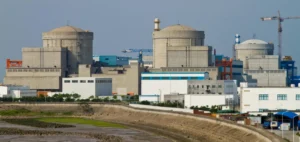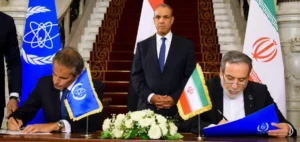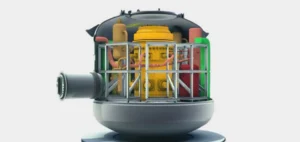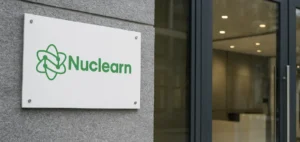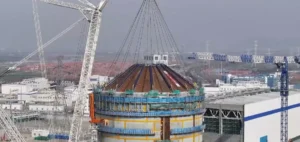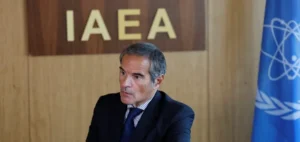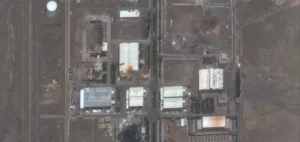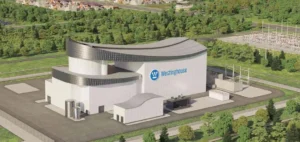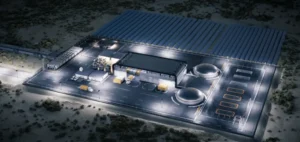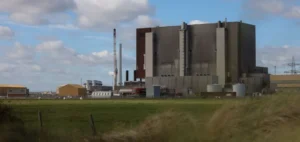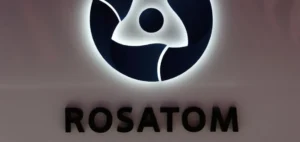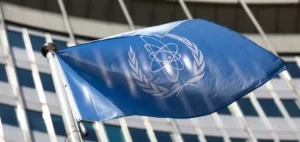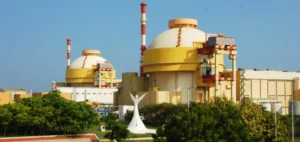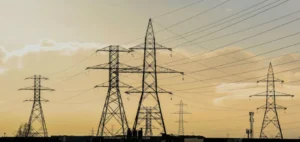Enel, the Italian energy giant, has announced the imminent creation of a joint venture with the defense group Leonardo and the manufacturer Ansaldo Nucleare. This partnership aims to assess the feasibility of small modular reactors (SMRs), a technology seen as promising for addressing current energy challenges while limiting carbon emissions.
Flavio Cattaneo, Enel’s CEO, stated that this new entity, in which Enel will hold a majority stake, will focus solely on feasibility studies without immediate manufacturing commitments. The Italian company, which already operates nuclear plants in Spain and Slovakia, estimates that deploying nuclear energy in Italy will require at least 10 to 15 years, excluding it from Enel’s 2025-2027 strategic plans.
A Turning Point for Italy
Italy abandoned nuclear energy in 1987 following a referendum held after the Chernobyl disaster. In 2011, another referendum reinforced this rejection, with 94% of Italians voting against a nuclear revival after the Fukushima incident. However, rising electricity prices and the country’s climate goals are prompting the government to reconsider this technology.
Under the leadership of Giorgia Meloni, the Italian government is now exploring the use of third-generation SMRs and fourth-generation advanced modular reactors (AMRs). Still in the research phase, these technologies are seen as promising but require a legislative framework and significant investments for their implementation.
Strategic Long-Term Benefits
Enel’s CEO emphasized that nuclear energy could help reduce electricity production costs for Italian industries. He also compared the situation to Germany, where the nuclear phase-out led to a significant increase in energy prices.
Nevertheless, reviving nuclear energy in Italy will face major challenges, including persistent public opposition and complex regulatory requirements. The government plans to establish a legislative framework by the end of the year to enable the potential installation of these reactors in the coming decades.


